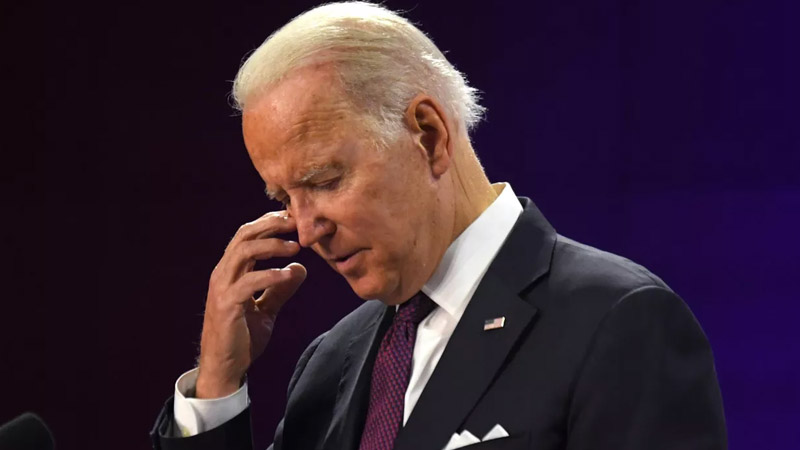Report Reveals Allocation of Federal COVID Funds to Support Undocumented Immigrants in Washington State

© Sputnik / Pavel Bednyakov / Go to the mediabank
A recent report published by the Economic Policy Innovation Center (EPIC), an organization advocating for a smaller federal government, has unveiled a concerning revelation regarding the allocation of federal COVID funds in Washington state. This report, presented on Saturday, February 3, 2024, via Fox News, sheds light on how the state diverted a staggering $340 million of federal COVID relief funds to provide $1,000 checks to undocumented immigrants who were ineligible for federal stimulus payments due to their immigration status.
Titled “How the Biden Administration is Using COVID-19 Funds to Encourage Illegal Immigration,” the report delves into the utilization of the Coronavirus State and Local Fiscal Recovery Fund (SLFRF), which was established under the American Rescue Plan Act to assist state and local governments in managing the challenges posed by the COVID-19 pandemic. Specifically, the report examines how these funds were channeled toward initiatives associated with illegal immigration.
Washington state, the focus of this investigation, received a substantial sum of $4.4 billion from the SLFRF. Remarkably, the report uncovers that $340 million of these funds were allocated to a program known as the Washington COVID-19 Immigrant Relief Fund. This program, initially established in 2020, aimed to provide financial aid to individuals who were unable to access government assistance programs due to their immigration status.
Notably, in April 2021, the Washington state legislature approved additional funding for this program, emphasizing its commitment to assisting undocumented residents. As stated in an impact report on the program, this move was perceived as “another round of funding for undocumented Washingtonians.”
The report also highlights that the U.S. Treasury Department confirmed the utilization of an additional $340 million in federal relief funds to support these one-time cash grants, with 10% of the funding being directed towards community-based organizations responsible for administering the program.
Moreover, the report brings to light that this program was categorized as a “cash transfer” expenditure within the SLFRF framework, implying that the Biden Administration effectively subsidized undocumented immigration under the guise of COVID-19 pandemic relief.
Washington state authorities defended their actions by asserting that they had previously expended $128 million from the CARES Act funds, enacted during the Trump administration, to provide financial assistance to 120,000 immigrants who did not qualify for federal economic relief. They argued that the demand for such assistance had exceeded the available funding.
The program concluded in early 2023, with the final payments distributed to recipients. State officials viewed this initiative as an opportunity to aid individuals who may have been excluded from other federal and state resources addressing the economic impacts of the pandemic.
The EPIC report extends its critique to include additional instances in which federal COVID funds were allocated to projects related to illegal immigration, such as art, music, and dance classes for migrants in Arizona, as well as shelter expansion efforts in Massachusetts.
Paul Winfree, president and CEO of EPIC, expressed deep concern over these findings, accusing the Biden administration of actively encouraging illegal immigration through the use of COVID funds from the SLFRF. He urged Congress to take immediate action to reclaim the remaining $120 billion in unspent funds from the SLFRF, emphasizing that until this step is taken, these funds will continue to serve as a magnet for illegal immigration.
These revelations come at a time when the United States is grappling with a surge in illegal immigration across its southern border. Congress is currently deliberating on a supplemental funding bill that would provide aid to communities receiving migrants. However, Republicans are pushing for the inclusion of measures imposing restrictions on asylum and the administration’s use of parole in this legislation.


